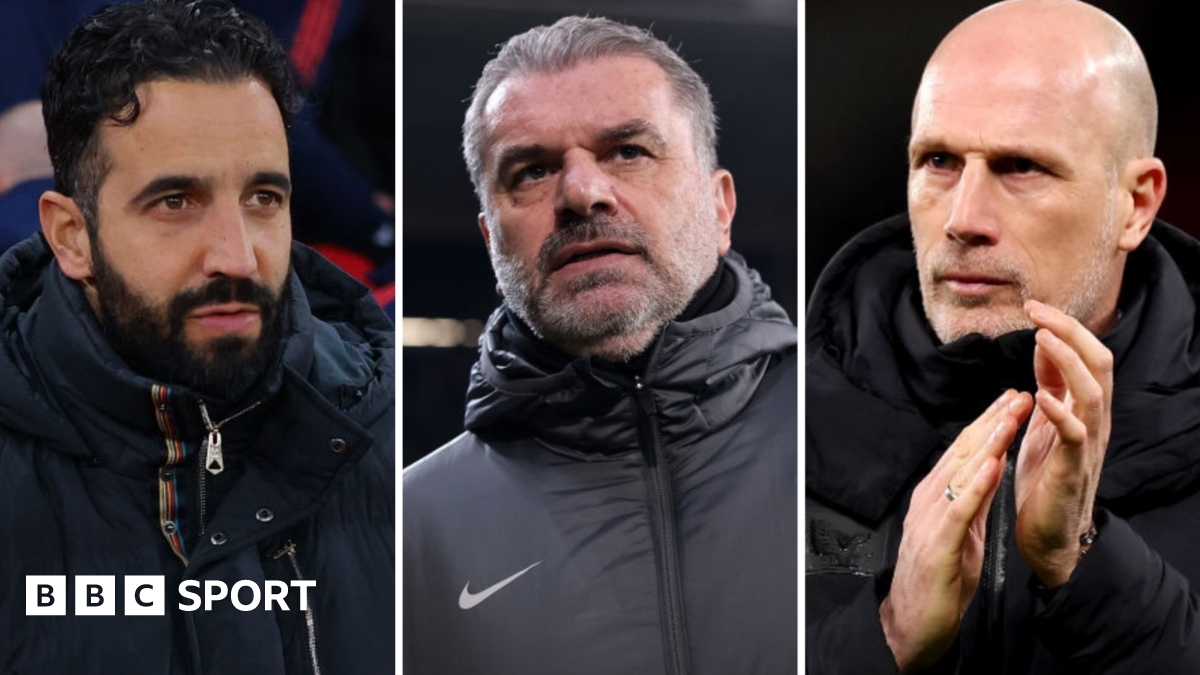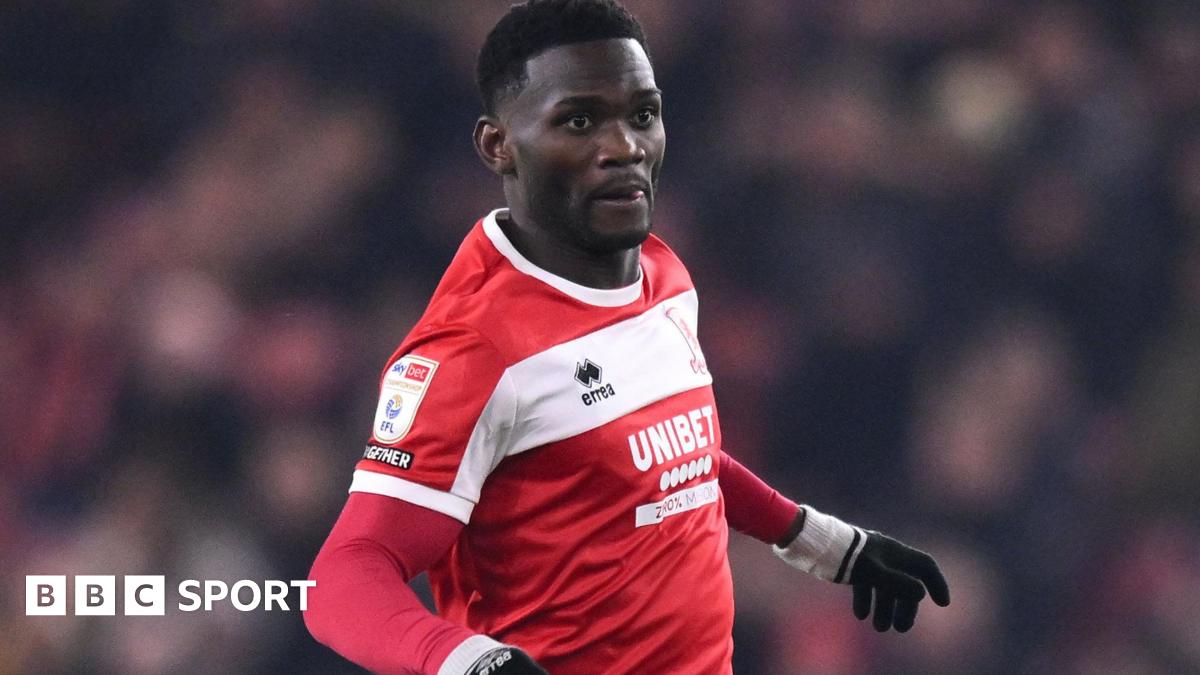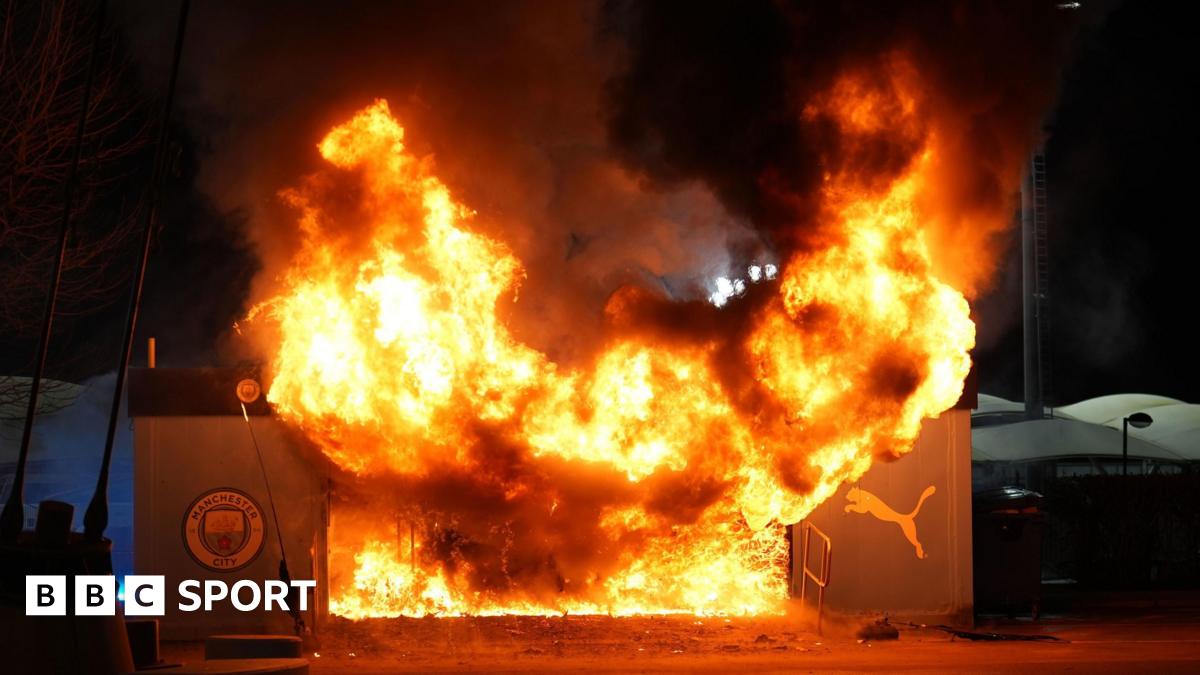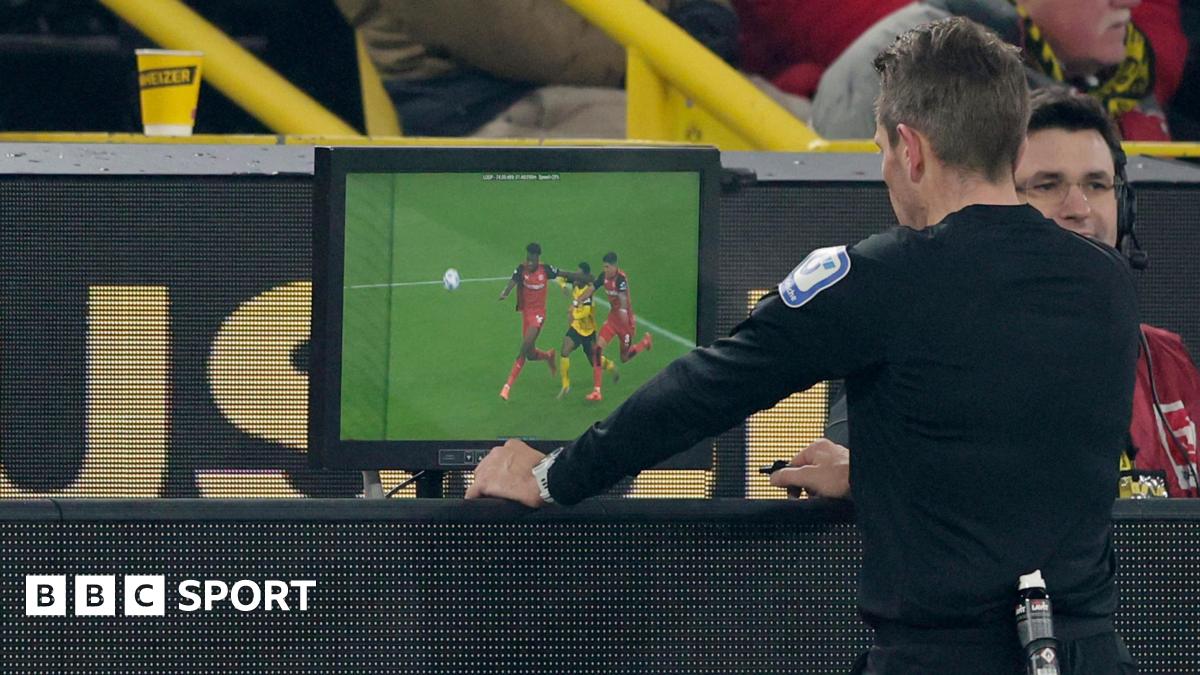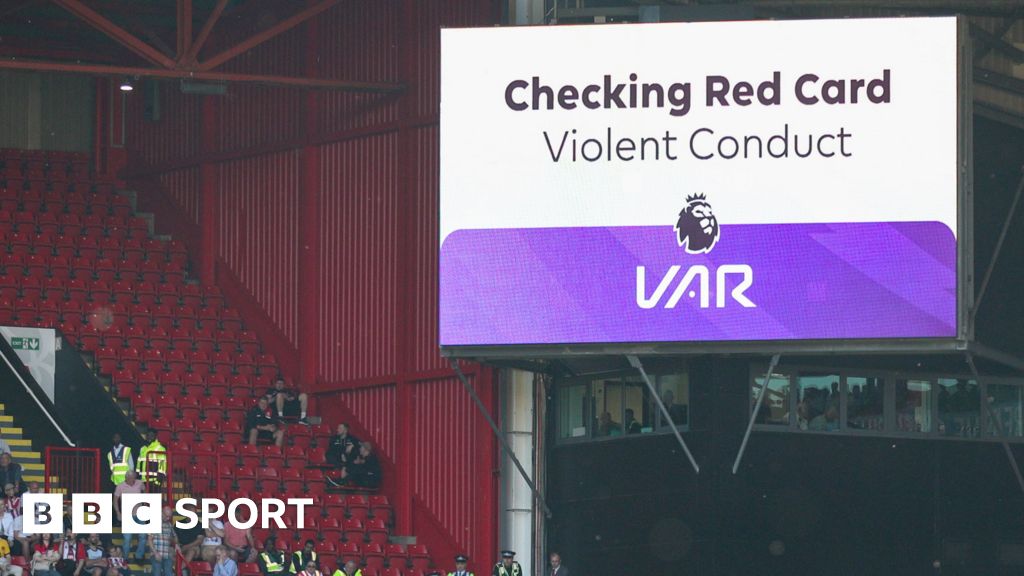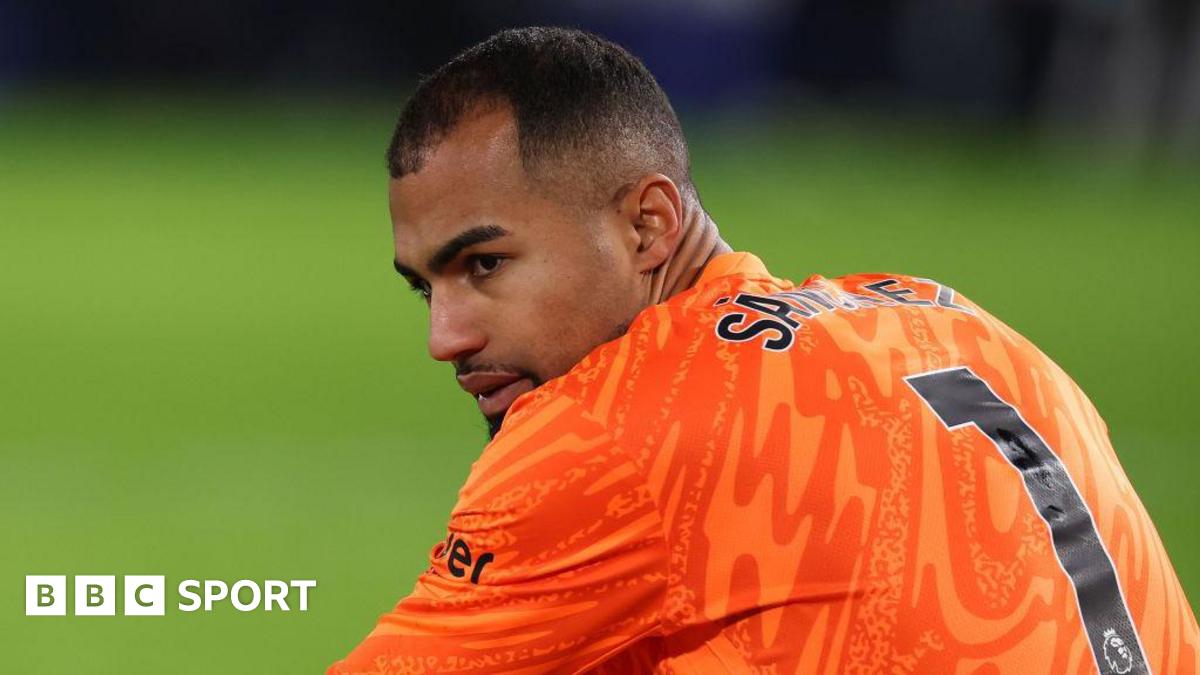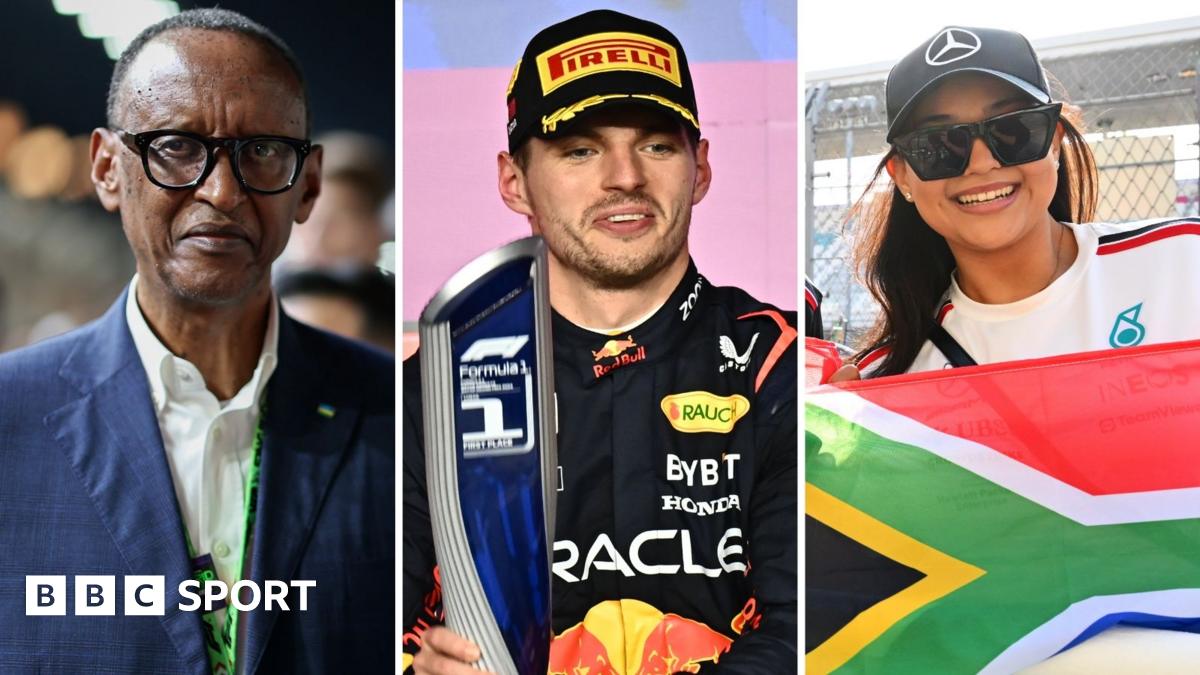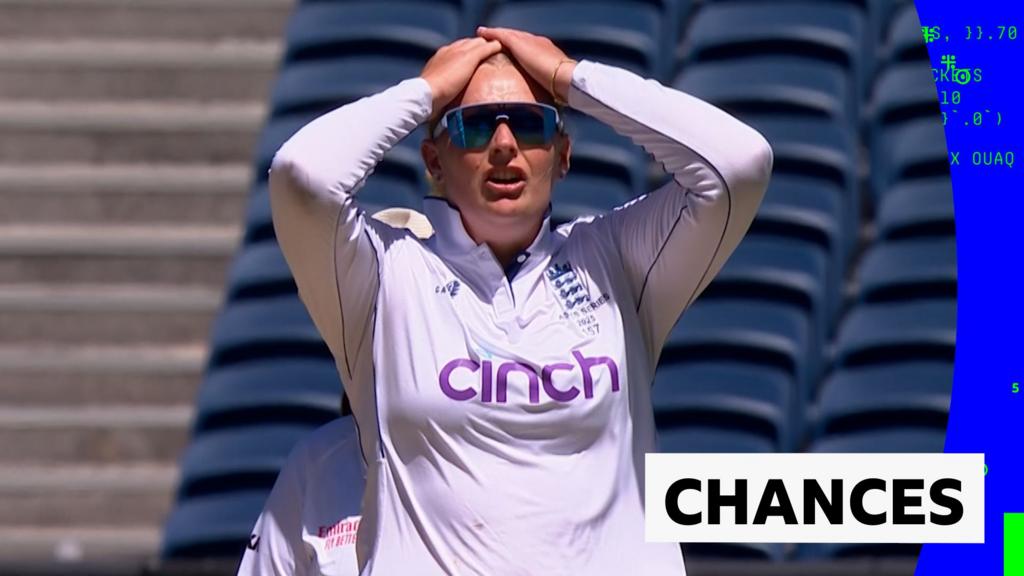Golf’s European Tour group has announced it will be carbon net-zero by 2040, saying “as a global brand we have a clear responsibility”.
The Tour has signed up to the United Nations Sports for Climate Action Framework (UNFCCC).
It is the first Tour to target net-zero, joining other organisations such as football’s European body Uefa.
Achieving net-zero means reducing emissions and balancing out any that remain with various green practices.
European Tour group chief executive Keith Pelley said: “Our net-zero commitment shows that we are serious about environmental responsibility and the role we can play.”
Last year, four-time major winner Rory McIlroy paid thousands to offset his carbon footprint following feeling environmental “guilt” travelling in private jets to tournaments.
McIlroy now pays extra fees, thought to be around $150,000 (£110,000) a year, to offset his carbon footprint.
“I wouldn’t self-profess to be an eco-warrior,” said McIlroy.
“But I’m someone that doesn’t want to damage the environment. So how can I make my travel around the world neutral? How can I neutralise what I do?”
The UNFCCC was created by the United Nations (UN) for sports organisations to tackle climate change through five principles, including efforts to reducing overall climate impact, educate for climate action and promote sustainable and responsible consumption.
The UN’s Race to Zero pledge requires all signatories to commit to reduce direct emissions by 50% by 2030 and achieving net-zero by 2040.
Lindita Xhaferi-Salihu, UN Sports for Climate Action lead, said: “Sports for Climate Action Framework is about driving sports to net-zero emissions no later than 2040 in line with keeping global temperature rise to 1.5 degrees.
“It is no small or easy undertaking, but to safeguard the future of sport, we all must all join hands and efforts to win the race against climate change.”
Analysis – David Lockwood, BBC Sport sustainability lead
One of golf’s biggest challenges is the hosting of events at courses in hot, water-poor climates such as the Middle East where water scarcity is only likely to increase.
European Tour group is not exempt with six of their 43 events staged across UAE and Qatar. The question remains: is it ever possible for a sport like golf to be truly sustainable in these climates?
The UN for Sport for Climate Action’s Race to Zero framework is as close to an industry benchmark as the sport industry currently has.
In signing up to the framework the European Tour group have committed to fulfil the UN’s reporting mechanism. That is an important step as there is a lot of scope for interpretation in net-zero strategies and targets without independent verification or scrutiny.
For sport one of the biggest areas of discussion around this is fan travel and it is an important one as it represents the most significant part of sport’s footprint. It is therefore encouraging that the European Tour group is including fan travel within it’s footprint.
However, the strategy currently covers only those events staged by the European Tour group themselves and not those independently staged. It will be important to see to what extent those events outside the plan embrace a more sustainable approach.



